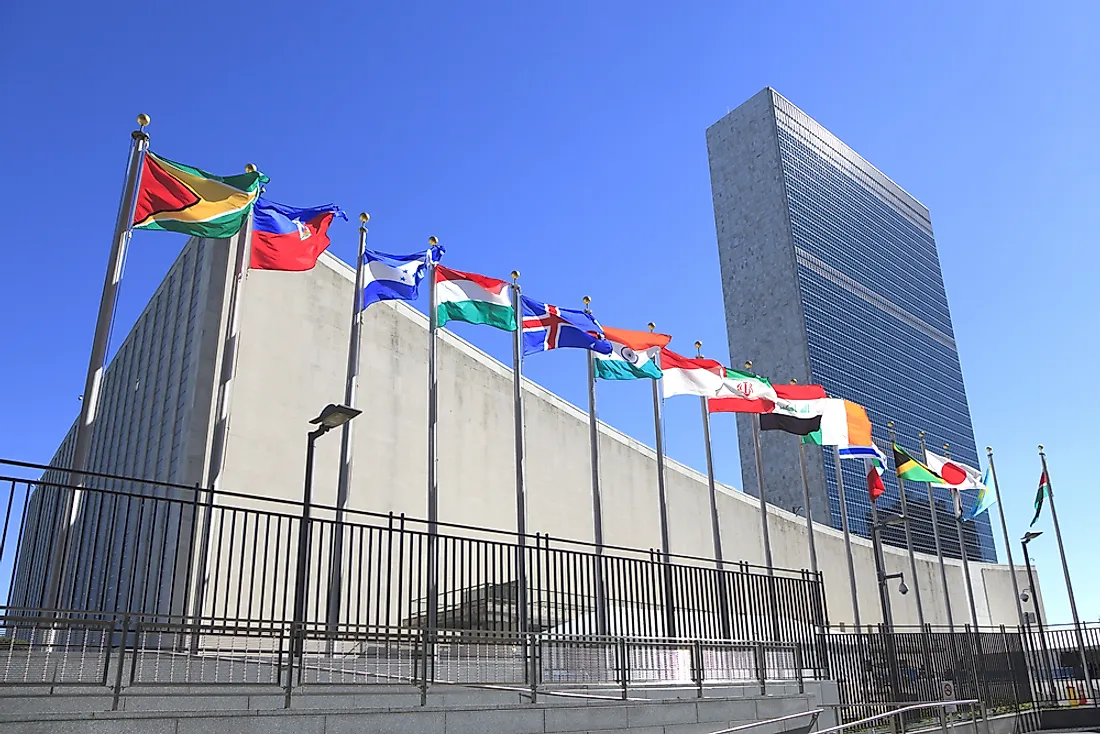NAIROBI (Parliament Politics Magazine) – Leading NGOs have warned that the UN’s negotiations on biodiversity have reached a breaking point as a result of governments’ lack of participation, three years after experts first reported that life-support systems of Earth are failing.
The final goals are expected to be agreed upon at Cop15 in Montreal. Last week, countries gathered in Nairobi for an additional round of negotiations on an agreement to stop the devastation of the natural world caused by humans. Even if experts warned in 2019 that one million species threaten extinction and that nature is declining at rates unprecedented in human history, governments have never achieved a goal they set for themselves to stop the deterioration of the environment.
While world leaders such as Emmanuel Macron, Justin Trudeau, and Boris Johnson have emphasised the significance of the summit, which only occurs once every ten years, there have been considerable disagreements between the global north and south during the biodiversity negotiations over funding, plans to protect 30% of land and sea by 2030, and the implementation of any agreement. The Africa group stated that unless a target on digital biopiracy is included, it will not approve the final post-2020 global biodiversity framework.
Environmental organisations like Greenpeace, Avaaz, the Campaign for Nature, and the International Indigenous Forum on Biodiversity stated in an open letter that the discussions lacked high-level political engagement and that little progress was being made on the final agreement. In the run-up to any Cop, negotiations are majorly taken care of by technical specialists in the beginning, with ministers finally participating at the end of the discussion.
The letter asks government ministers and UN Secretary General António Guterres to show political leadership in the situation and prevent a catastrophe at Cop15 in Montreal in December. The meeting had to be moved earlier this month due to China’s zero-Covid policy, which it will now preside over.
The letter stated that negotiations had stalled and that the post-2020 global biodiversity framework was in jeopardy. Countries had once cited Cop15 as a chance to produce a global agreement for nature and people, comparable in significance to the Paris climate agreement, but there was a conspicuous lack of the high-level political engagement, leadership and will to push through compromise and to inspire and guide the commitments that were needed.
Little progress was made in negotiations last week over the final document, which includes proposed targets for removing environmentally harmful subsidies, cutting back on pesticide usage, and taking action against invasive species to lower extinction rates. The negotiations lasted six days. The sixth mass extinction of species on Earth is advancing, according to scientists who issued a new warning in 2020.
In the days leading up to the summit, which begins on December 5 and ends on December 17, the day before the football World Cup final, another round of pre-Cop15 negotiations has been planned.
The agreement could result in significant improvements to global agricultural and extractive industry practices, two key factors in the elimination of wildlife and natural habitats, if properly funded and fully implemented.
Prior to Cop15, it was believed that nations would use the extra round of negotiations in Nairobi to iron out their differences. However, a negotiator who spoke to the Guardian under the condition of anonymity claimed that they left the negotiations with more disagreement.
Everyone was really irritated as yesterday’s meeting came to an end. Many people had high hopes for progress—at least in relation to some of the goals. It should serve as a wake-up call and should make ministers more conscious of the need to find a solution to that impasse, they claimed.






